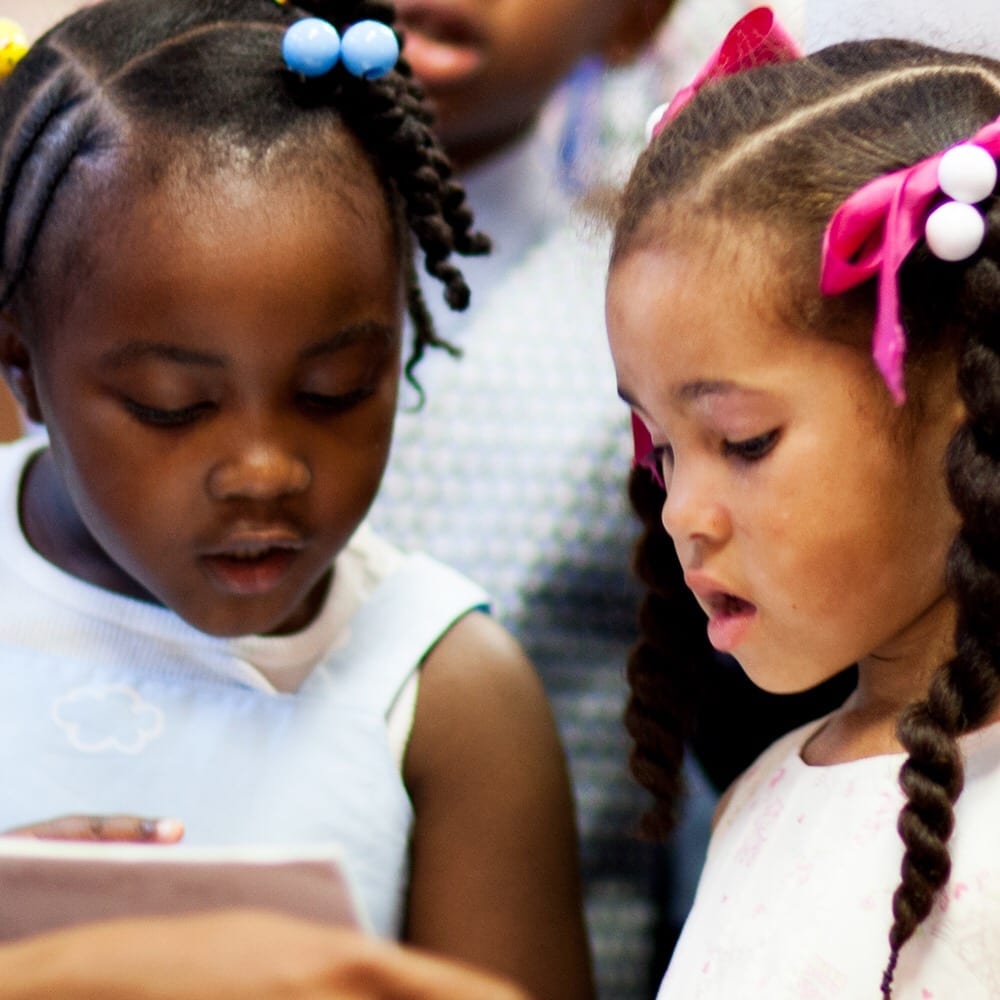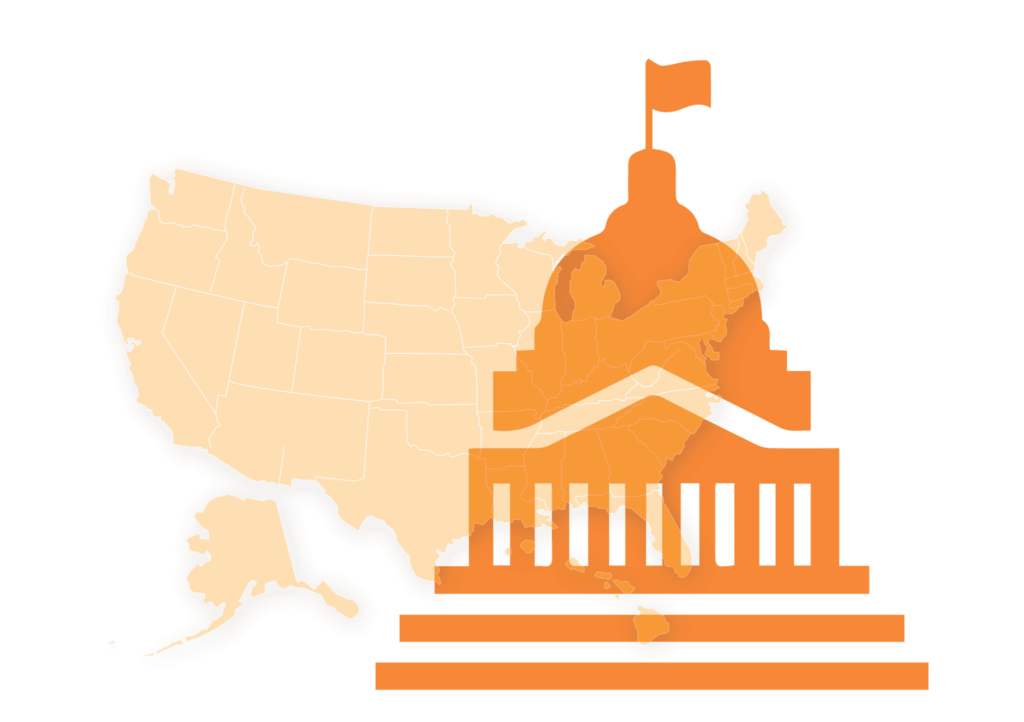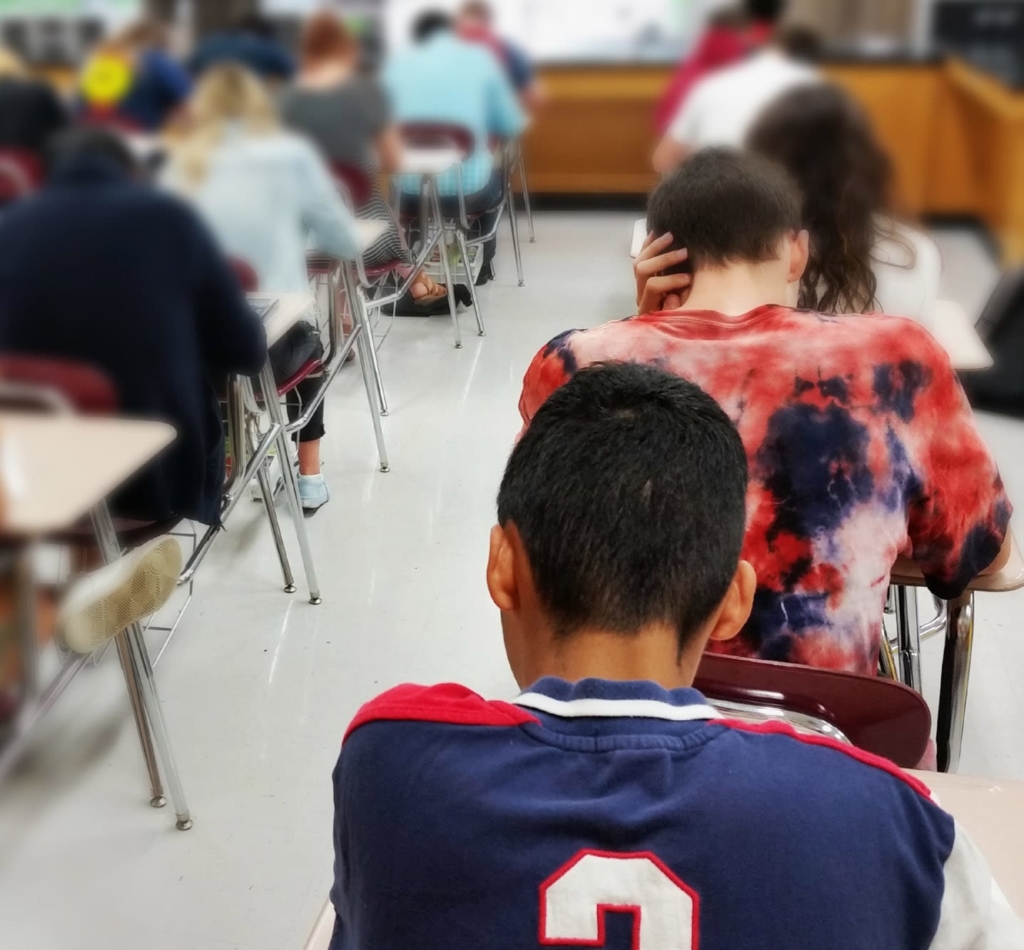Social-emotional and academic development must be addressed through a race-equity lens, according to new research by The Education Trust
WASHINGTON (August 6, 2020) – After months of distance learning, unfinished instruction, social isolation, and missed activities during the summer months, many of the nation’s students will need extra support when the 2020-2021 school year starts. During a moment of national reckoning on 400 years of anti-Blackness in America and the COVID-19 pandemic — and its related economic impact — students of color need leaders and educators in schools and districts to support and affirm their identities as part of a safe, thoughtful, and inclusive return to school.
As school leaders are working through this new reality, a new report by The Education Trust calls for educators to address social-emotional and academic development, or SEAD, through a race-equity lens. For this work, the authors conducted focus groups with students of color (ages 12-18) and parents/families of color across the nation and learned firsthand why schools should change to better meet their social-emotional needs. Participants discussed the importance of social and emotional skills; what students of color need to learn other than academic subjects; and what educators and school leaders can do to support social, emotional, and academic development for students of color.
Research shows that while most (91%) of our nation’s public schools and districts in the U.S. report they are working to support the social-emotional learning of students, many of these practices focus solely on changing student behavior rather than implementing practices that build relationships and create learning environments that support positive social and emotional growth. For example, many schools and districts choose to adopt stand-alone skill-building curricula that aim to teach students to manage their thoughts, emotions, and behaviors. But without first addressing adult biases and school policies, Ed Trust researchers argue, this can lead to situations where differences –– due to cultural diversity –– are punished, where the skills of students of color aren’t recognized, or where students of color are blamed for the systemic injustices school leaders and policymakers haven’t addressed. Simply stated, these approaches too often lead to harmful policing of students of color rather than supporting their development.
“We are in a moment in our country where leaders must choose to not just issue statements of solidarity, but to truly step up to do what’s right and just for students of color who are facing twin public health crises –– the COVID-19 crisis and the centuries-old crisis of structural racism,” said John B. King Jr., Ed Trust president and CEO and 10th U.S. Secretary of Education.
“Public school teachers and mentors who believed in me saved my life. I am heartbroken for the students who deserve positive school experiences and the best possible socio-emotional supports, but are being shortchanged,” continued King. “When instruction starts again for students — in whatever form that may take — school and district leaders must meaningfully center students’ identities and well-being by prioritizing access to: outstanding, diverse and caring educators and leaders; safe, supportive school climates; school counselors and mental health services; and rigorous, culturally relevant curricula.”
Without equity-focused policies, the right mindset, and appropriate responses, educator biases (whether implicit or explicit) often unfairly and unjustly marginalize some students. Many students of color and students from low-income backgrounds are seen as “broken” or in need of “fixing,” which undermines their excellence and results in real and harmful consequences.
For example, an educator may see a White student speaking about an action they consider unfair and call it self-advocacy; however, that same behavior for a Black student would be deemed “defiance” or “talking back.” White students are often told to express or to explore their emotions while students of color are told to manage their emotions. This is particularly relevant now. The voices of students of color need to be heard as they are advocating for necessary change in response to the injustices they witness and experience.
Or educators may see culturally appropriate behavior, such as choosing not to look an adult in the eye out of respect, as a deficit in social-emotional competence simply because it doesn’t match culturally dominant norms. As one Latina student said in our study, “I think it’s like, learning to adapt to your surroundings, one; and two, just knowing that there’s other cultures, you know, out there, and respecting those cultures the same way that you would want them to respect, you know, your culture.”
“Unfortunately for students of color, their competence in social-emotional skills and academic mastery are often overlooked, devalued, and hindered by the very systems that are meant to support their growth,” said Nancy Duchesneau, lead author and P-12 research associate at Ed Trust. “To ensure that students’ humanity is seen and cherished, school and district leaders must examine their own learning environments to see if they are equitable, listen to and learn from the experiences of families and students of color, and make communities and students of color full partners in decision-making.”
The report, Social, Emotional, and Academic Development Through an Equity Lens, argues that for students to thrive in schools, school leaders and educators must focus on changing adult beliefs and mindsets. This makes certain that systems and policies are equitable, just, reflective, and inclusive of the students they intend to serve by:
- Shifting educators’ focus from “fixing kids” by teaching them specific competencies to a broader asset-based approach that includes environments that support holistic student success. To do this, educators must recognize the assets students bring to the classroom, focus on what they can be and achieve, and have high expectations for students of color and students from low-income backgrounds.
- Addressing bias in adult perceptions. Educators who interact with students must address their explicit and implicit biases. Additionally, educators must shift their mindsets to an active orientation towards dismantling systemic oppression by race, language, gender, immigration status, etc.
- Moving from one-size-fits-all to recognizing cultural and contextual influences. Educators must recognize and value differences in students and accept that what works for one student may not work for all students.
“The way schools are structured now, and the way education is structured, it’s not set up for students to succeed,” said a student who identifies as Black and Latino in our report.
Ed Trust contends that social, emotional, and academic development should be addressed with a students-first approach. To that end, rather than simply adding on more policies to existing ones, schools and districts should revisit entirely what’s already in place first, and ask whether they equitably foster belonging, give challenging opportunities for students to thrive, and provide the supports students need.
“Now is a time when all systems and institutions are being pushed by courageous communities to deeply interrogate their policies and practices,” said activist and educator Brittany Packnett Cunningham. “Education in the time of coronavirus is no different. In fact, racial equity is ever more important, as multiple pandemics continue to disproportionately harm Black, Brown and Indigenous children in the wake of new and existing realities. Ed Trust’s new research rightly challenges schools and school systems to embrace the lens of equity and drive all decision making through it.”
Ed Trust offers six policy recommendations as concrete starting places for how school and district leaders can equitably support students’ social-emotional and academic development:
- Provide meaningful professional development
- Diversify the leadership and teaching workforce
- Ensure equitable access to and supports for success in rigorous and culturally sustaining coursework
- Ensure inclusive discipline and dress code policies
- Ensure access to integrated wraparound services and supports
- Engage students, parents, families and communities as full partners
###







